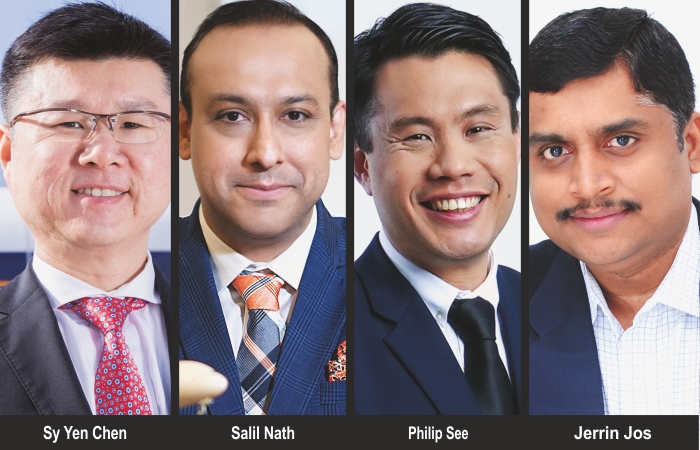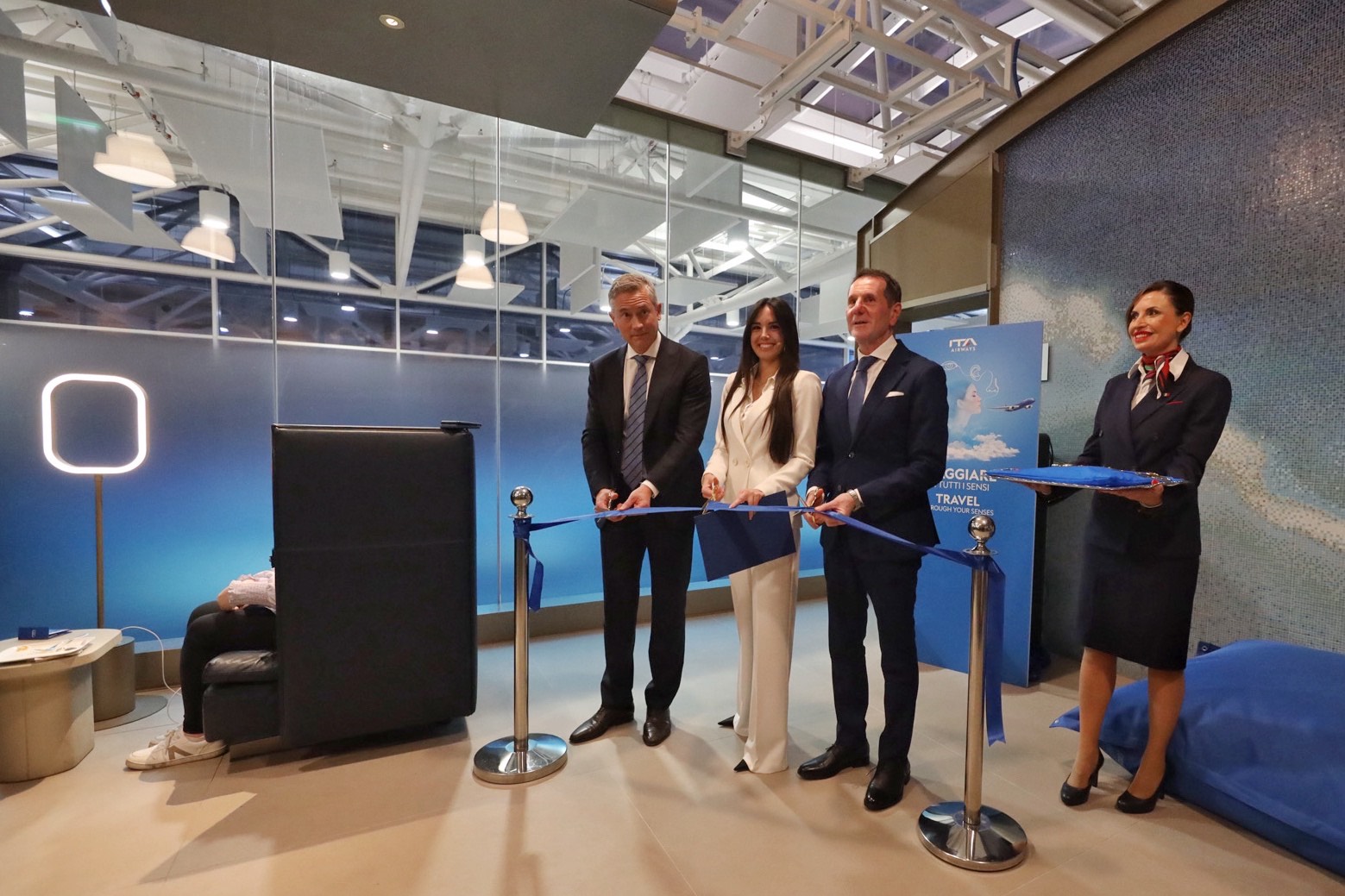Recognizing the immense potential of digital technology, aviation industry is embracing digitalisation in all aspects of operations. This is allowing airlines to leverage data analytics to offer new products and services to customers, engage them in an effective way and address their concerns satisfactorily.
Hazel Jain
Digitalisation has always been at the forefront of aviation industry, as it plays a crucial role in optimising resources, lowering costs, and enhancing customer experience. Today, we see many top airlines investing towards this in order to be more effective in an extremely competent and cost-sensitive market. Digitalisation is key to keeping Singapore Airlines (SIA) nimble and contributes towards the development of a digital aviation and travel technology global community, says Sy Yen Chen, General Manager India for Singapore Airlines. “We want to offer the best experience for our customers, while we optimise operations, create new business revenues, and get our employees on board by creating a truly digital workforce through training and skillset development. We began our digital transformation journey in 2018 even before the pandemic, and later KrisLab, our digital innovation lab in 2019. In January 2022, we collaborated with the National University of Singapore (NUS) to launch a new digital aviation corporate laboratory.” All of this, Chen says, allows the airline to research emerging technologies, roll out innovations, and leverage data analytics to offer new products and services, better engage customers, streamline feedback, and respond more effectively to their concerns.
Cloud services need of the hour
On the other hand, Etihad is fulfilling its digital transformation objectives by putting its research into cloud services, data centres, wireless onboard services, and autonomous data management. Salil Nath, General Manager, Indian Subcontinent, Etihad Airways, says, “As technology continues to proliferate every aspect of our life, it only makes the journey simpler. Understanding that dexterity, Etihad continues to demonstrate ways on how technology could revolutionise the customer’s travel experience.”
Enabling faster distribution
Explaining how the technological advancements are helping the industry, Philip See, Group Chief Sustainability Officer, Malaysia Aviation Group, says, “In today’s world, newer low-cost airlines that do not rely on outdated infrastructure are able to sell tickets at lower prices and generate revenue primarily through ancillary services and additional food menu options. Traditional airlines, burdened by their legacy distribution channels, have struggled to compete and have faced financial difficulties, leading to bankruptcy.” Collaborating with IATA, they have introduced a modern direct connect technology called the NDC.
Expert view
Jerrin Jos, CEO and Founder, Verteil
In 2016, NDC was a technology that was just introduced into an industry that previously took more than 10 years to move from paper to e-tickets. Adoption was initially slow and further impacted by COVID. Post COVID, we have seen a resurgence in the core values that airlines want to build on with regards to profitability. It has refocused their approach towards airline retailing, for which NDC is a key component in terms of cost savings. We are raising funds to capture the market globally at a fast pace. Verteil has stepped up its efforts to make life easier for its customers, especially in the servicing and support areas for NDC today. We are one of the few NDC aggregators that provide 24/7 support. Knowing the onus on us as an NDC leader, we provide regular training, certifications, and awareness drives.
 TravTalk India Online Magazine
TravTalk India Online Magazine





